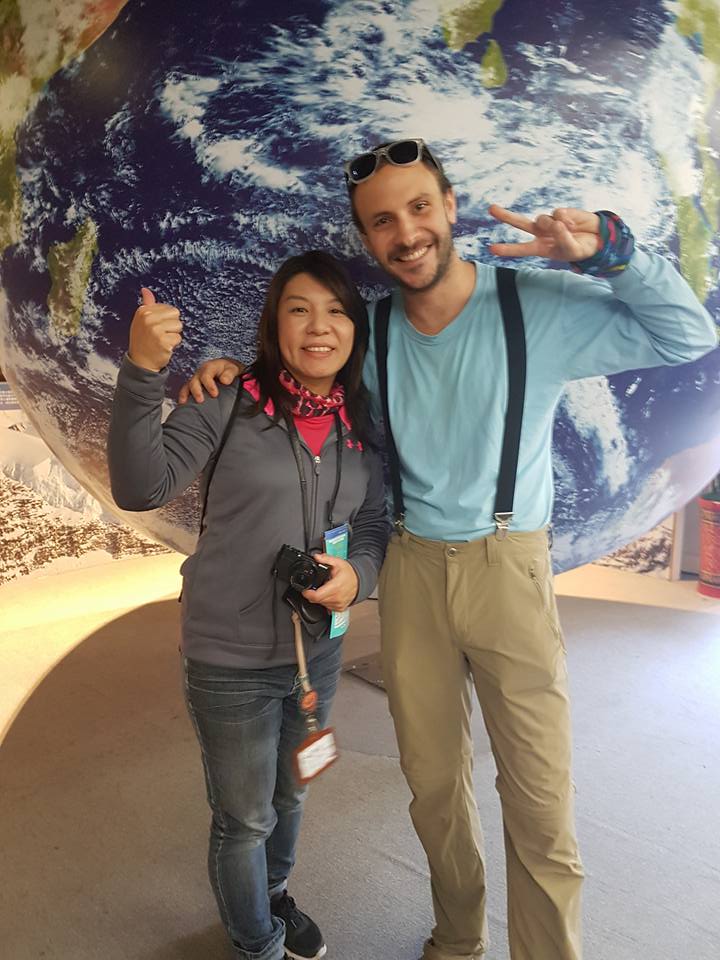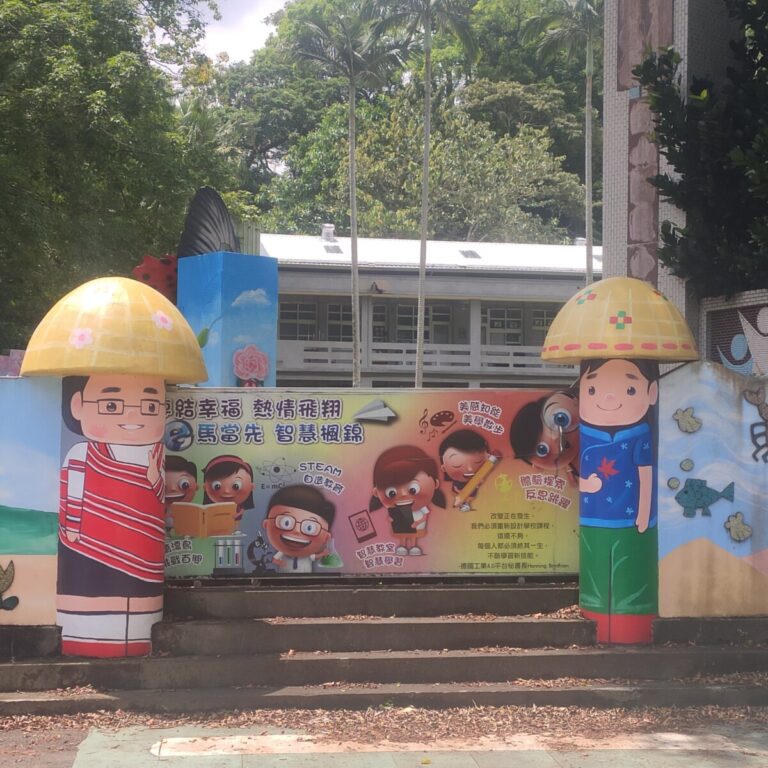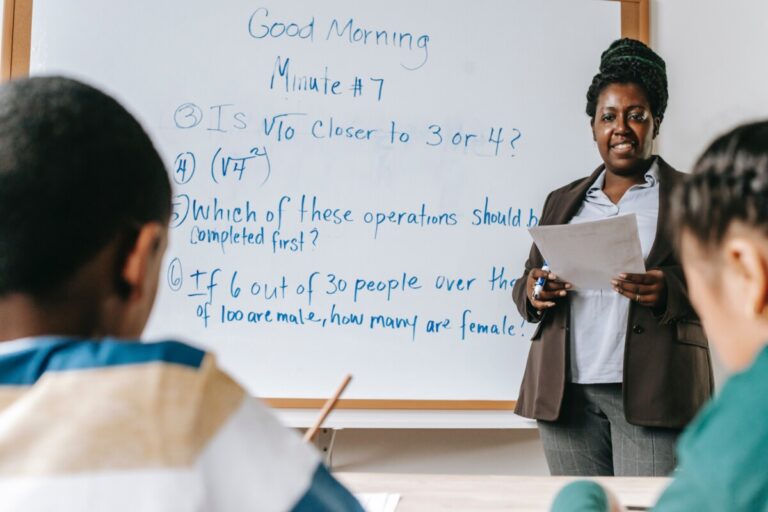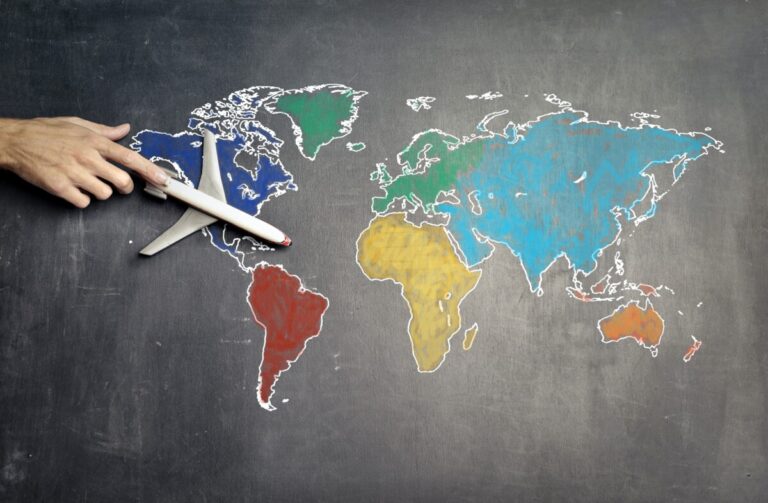16 Benefits That Students Experience When They Travel
There are many reasons a student may travel. The benefits from traveling near and far are countless and should not be overlooked by teachers. Teachers should try and get their students out into the real world to learn and get a deeper appreciation of different people and cultures.

Here are intended and unintended benefits that students may acquire when they travel.
- Compassion and Empathy– We all think that we are compassionate people and for many of you this may be true. When you concisely think about these things when you travel and will start to develop more of a sense of empathy alongside interesting anecdotes. Students will being to appreciate that different isn’t wrong. Young minds have a strong sense of what is right and wrong. By traveling, students may see that just because something is different, doesn’t make it wrong. When you travel and experience other cultures it becomes more clear that everything isn’t black and white. Having some first-hand experience will help to shape young minds.
- Critical Thinking Skills– When you travel alone or in a group, you are forced to make decisions constantly and identify a problem or issue. Whether they are small like where you are going to eat for lunch (local cuisine or McD’s) to larger questions about how much each will cost and can you afford this. If you are in a foreign country you will have to do the math to convert the currency to your own currency. In these new situations, you will need to analyze which solutions worked or didn’t work. You then put this in memory and can identify ways to improve the solution. While you will get these skills sometimes it is easier to get some help, if you wanted to bring your students to Taiwan read my Ulitmate guide to moving of traveling to Taiwan here.
- Budgeting (Time, Money, People)- This experience illuminates critical thinking skills because students are forced to make decisions on what they want to do, see, buy, or who they spend time with. Budgeting all of these things is difficult even for seasoned travelers and adults. No one has infinite time and students usually have their days laid out for them on what to do and buy for the most part. Traveling will help them to gain hands-on experience in a very new environment to help them to become more confident.
- Making or Not Making Goals– I think this one is often overlooked. Students may travel to learn something specific, see a sight, or eat a certain dish from a special restaurant. They will have to figure out the logistics of all this and plan a lot often in a language, not of their own. They will discover different new ways to do these things and it will help them to gain awareness of local customs, cultures, transportation means, and locations. This will stick with them longer as it is authentic learning and they should gain a deeper sense of satisfaction. Other students may not have a specific goal and just want to explore the city and they will stumble upon amazing sites and learn just as much as the ones with set plans. Travel is messy and they will learn that.
- Getting out of Your Comfort Zone– Everyone has comfort and this especially goes for younger people and students. Traveling will empower students to get out of their comfort zone. They will have to be more independent from packing their own bags, making decisions on what to bring, checking in for transposition, etc. This will help them to gain cultural fluency. Travel gives hands-on experience and enables students to push the limits of what they thought they could and could not do.
- Learning/Practicing a Foreign Language – When you travel internationally, you will probably not be fluent in the local language unless your parents or community speak it. For example, in America, students learn Spain-Spanish, and if they travel to Central and South America it is a totally different dialect and accents. There will be a language barrier from what you are used to in all cases. This gives students the opportunity to learn and practice a language and immerse themselves in the culture. Even if they never have used the language before they will pick up some of it, as long they are not extremely lazy. Read my article here about Do you need to speak Chinese to live and work in Taiwan?

- Improve your Communication Skills- This seems is similar but very different to the language. Even if you speak the language how you use it means a lot. If you are in Taiwan and using a Chinese dialect it may seem very rude in some circumstances even though you are speaking properly. If you don’t speak the language using hand and body gestures goes a long way, I have used these to get my point across and get where I needed to go. When in Korea it is not common to shake hands as much as the West and most people even at convince stores will bow slightly. This is also a form of communication. Learning to communicate comes with a better understanding of the culture, environment, and people. Being able to speak in another language is awesome but if you can’t communicate it isn’t much good.
- Gratitude for Life – One of the best parts about traveling locally or internationally is the gratitude you will gain to be able to do this. Many students. Not everyone has the means, finance, time, or ability to travel. Especially those of low economic status and from impoverished areas which tend to be people of color. When students get to experience a new culture, they realize how interconnected our world is and different cultures are to be cherished. This may give them a newfound sense of gratitude for life and set up students for further success.
- Changes Students’ Whole Perspective- Even a trip to a different state or to a national park could change a student’s perspective on life. Some students have never been to the outdoors or to a big city. The jobs and people that see are from their home town and TV. By seeing what is out there and the different jobs they could have could give them a new perspective, this goes even more so if they see someone that looks like them in that or another job that interests them. It is hard to get inspired sometimes by seeing the same people do the same jobs every day.
- Learning in a Hands-On Environment- While the classroom is a great place to learn things but it is no substitute for the real thing. Whether it be bargaining at the outdoor market to buy the supplies to make a sandwich at lunch, may seem like simple tasks. But when you are somewhere new and have never done these things on your own it could be tricky. You will step into the real world and have to learn things as you go and learn from your mistakes as you progress in life.
- Prepare Students to Meet Challenges– There are a lot of challenges students will meet in their life. Here is a quote from a friend Dr. Devin Walker who runs the World Walker Foundation. “We believe international educational experiences build confidence in Black and Brown adolescents and prepare them to meet the many challenges confronting their community and the world at large.” The WorldWalker Foundation helps youth better understand the world and themselves by providing resources for local and global travel. Below is a video of him discussing learning abroad with black and LatinX students.
- Adapt to Change/Growth & Independence – Your flight might be canceled or the train delayed by hours. You then need to find a new place to sleep, food to eat, and possibly change the whole trip. These things are common especially when traveling on a budget. You will have to learn to adapt and make the best of every situation even if it seems like it is the worst thing to happen. You will grow as a person and gain more independence by being able to deal with it.
- Teamwork, Building/Strengthening relationships – If it is your girlfriend, teacher, or family member you will get closer to these people. There will be disagreements, arguments, and possibly even fights. You have to remember to keep a cool head and understand that both of you are under high stress being away from home and in a new environment. Traveling is never easy and living/ being alongside others will build and strengthen your bonds.

- New Circles/Friends- Traveling as a student offer unique opportunities to make a friend and run in new circles. Lost of hotels, hostels and businesses run special for those that are students or younger and traveling on a budget. You will often have to share rooms and public spaces. This could be your first time doing this and learning from people and how to respect boundaries is great. Some that you meet may turn into lifelong friends and could let you travel more safely. Traveling in groups lets you enjoy different activities that you would else go to buy yourself. Appreciating your life.
- Improve Your Physical and Mental Health- You tend to walk a lot when traveling and do activities that will stimulate your muscles. Going hiking or cycling around the city is a great way to see it cheaply and sometimes for free. It also stimulates your mind, letting you relax in a new place and learn about it. Not having to deal with your daily grind and the stressors of daily life.
- Travel Skills – These skill transfers over to all aspects of life. You need to only bring what is necessary when you travel or you will be carrying your whole life. Finding the cheapest deal may not always be the best and you learn you get what pay for. Sometimes though you have no options. Being kind goes a long way at bus stations, airports, and street vendors. Even if you are having a rough time kindness is always the way but not the easiest way. Sleeping on a pile of bags may be your only option and thats ok.






